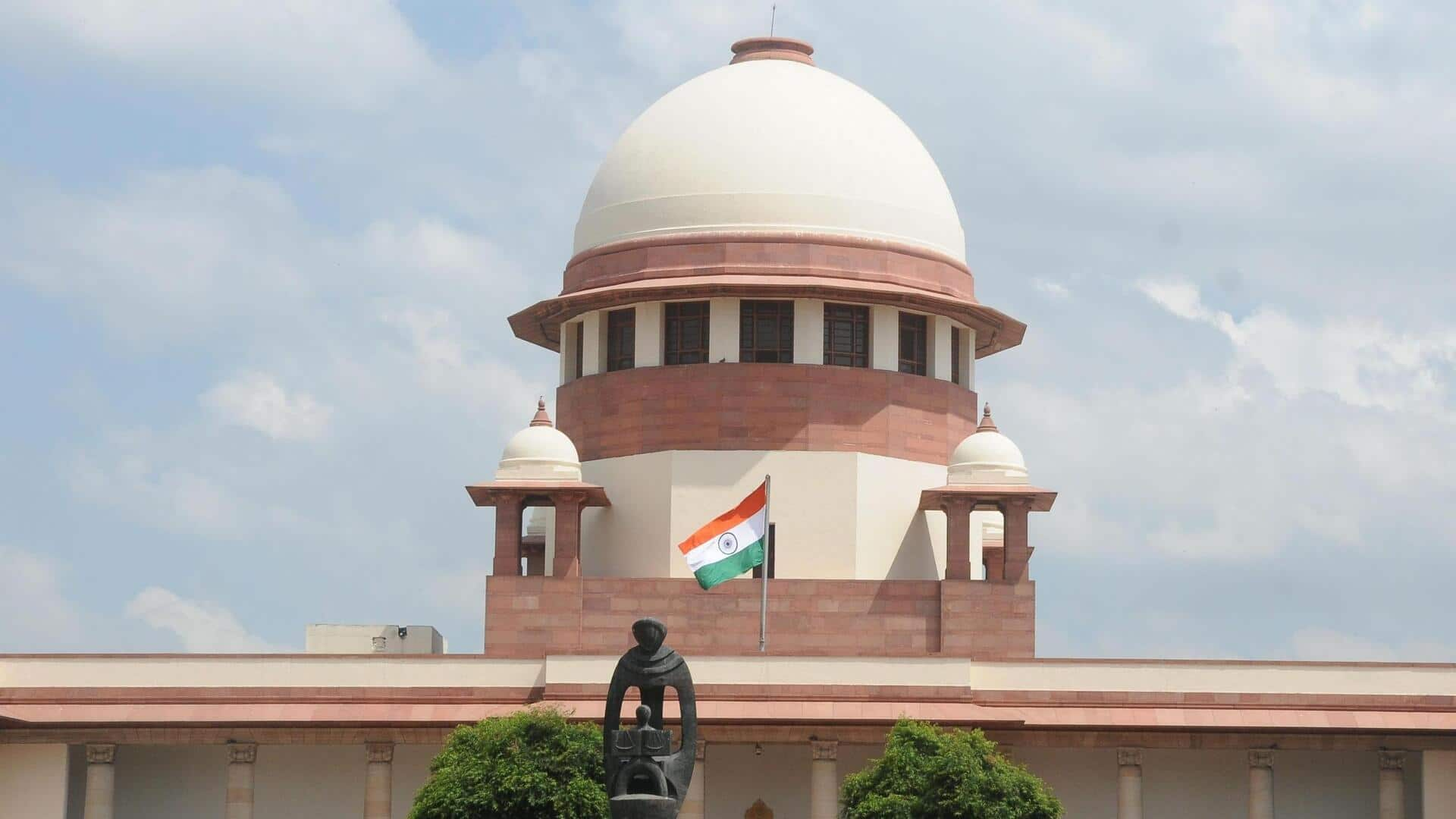'If you denotify waqf-by-user, it'll be an issue': SC
What's the story
The Supreme Court raised important queries concerning the Waqf Act while hearing a batch of petitions challenging the Act on Wednesday.
While the court refrained from passing any order, citing the enormity of the consequences, it did observe that the violence around the issue was concerning.
One of the most important aspects under the court's scrutiny is the provision for 'Waqf by user' properties in the new law.
Provision details
'Waqf by user' provision explained
"If you are going to de-notify waqf-by-user properties, it will be an issue," Chief Justice Khanna said.
The 'Waqf by user' provision has allowed properties to be treated as Waqf based on their long-term use for religious or charitable purposes, even in the absence of formal documentation.
However, the new law has added an exemption: this provision doesn't apply to properties that are in dispute or are on government land.
Non-Muslim inclusion
Supreme Court questions Centre on inclusion of non-Muslims
The SC also questioned the presence of non-Muslims in the Central Waqf Council.
In this regard, the bench questioned the government whether it would permit Muslims on Hindu endowment boards.
Chief Justice Khanna also posed two questions to the petitioners.
The first was whether the Supreme Court would refer the petitions to a high court.
The second asked what points the petitioners would argue in their case against the new Waqf Act.
Constitutional concerns
Petitioners argue new law violates Article 26
Senior Advocate Kapil Sibal, appearing for one of the petitioners, argued that several provisions of the new law violate Article 26 of the Constitution, which guarantees freedom to manage religious affairs.
He pointed to the powers given to collectors under the legislation, arguing that it's unconstitutional for a government official to act as a judge in such matters.
Proposal
SC says it will propose to pass orders on petitions
The bench also stated that it was thinking about issuing an interim order to "balance equities."
"We will say that whichever properties were declared by the court to be waqf will not be denotified or be treated as non-waqf... whether it's waqf by user or not," the CJI said.
It also said that all Waqf Board and Central Waqf Council members must be Muslims, except ex-officio members.
Further hearing on the matter is scheduled for 2:00pm on Thursday.
